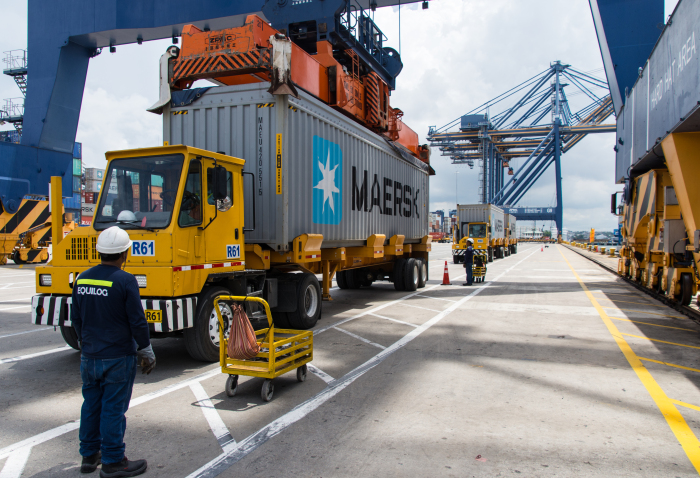The next frontier of the measurement of the quality of services in “ports” has been the theme of PortEconomics member Gordon Wilmsmeier intervention, during a special meeting on port infrastructure organised in Seoul hosted by the Ministry of Oceans and Fisheries Republic of Korea and organised the Korean Maritime Institute (KMIA) with the participation of UNCTAD and selected scholars from all over the world.
Measuring performance beyond traditional efficiency and productivity indicators is an emerging challenge, while a new potential emerges in transforming attention on integrating all dimensions of sustainability into a competitive advantage of a terminal or port.
The transformation and evolution of such measures also requires a certain level of comparability and benchmark of performance across all sustainability dimensions, with current and new technology offers new insight and possibilities
Gordon Wilmsmeier, a member of the high-level Advisory Board facilitating the research efforts of KMI, presented conceptual and practical measures towards this new frontier, and his presentation might be freely downloaded here.












